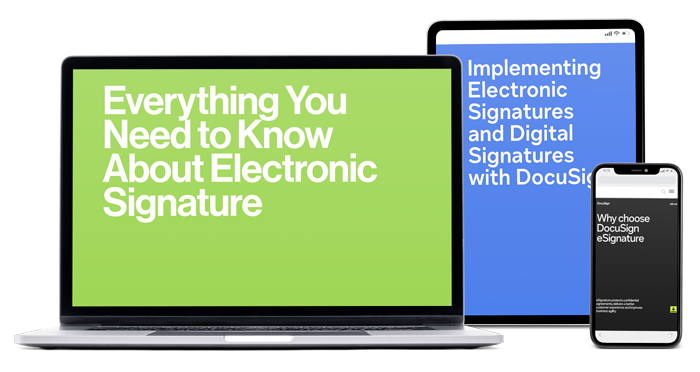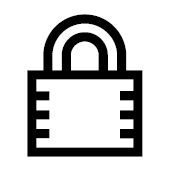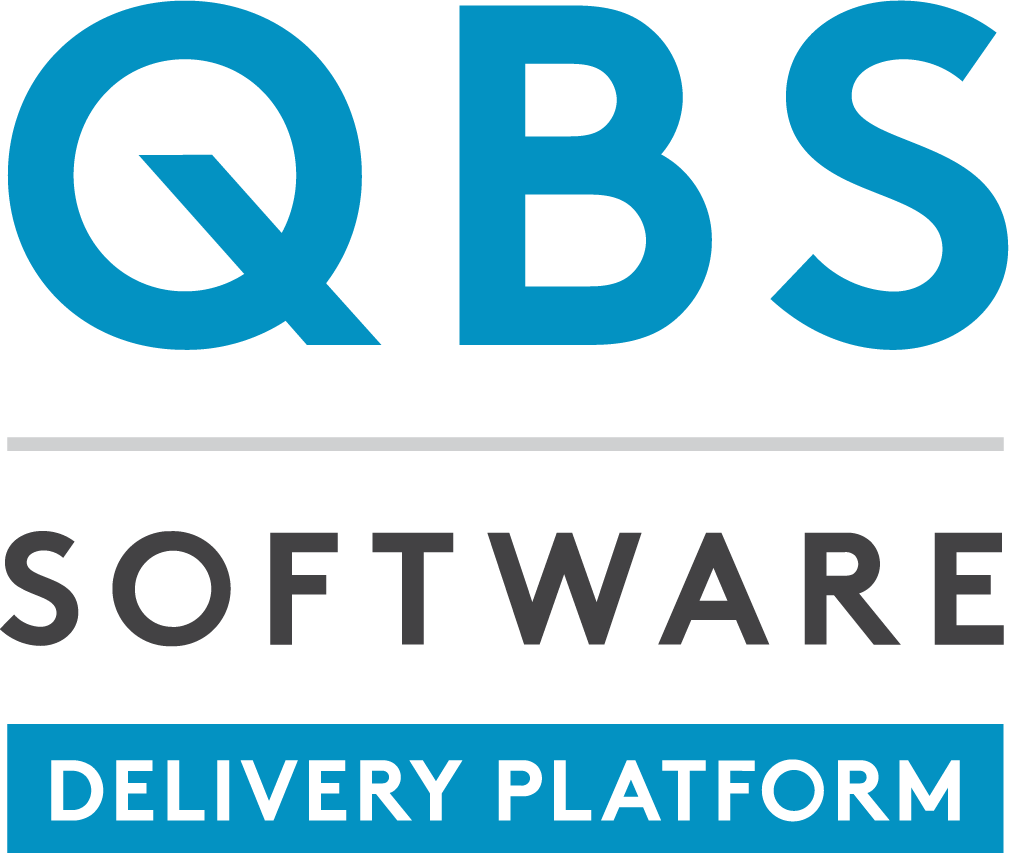No other trend has occupied us as much in recent years as digital transformation.
Often used as a synonym, digital transformation describes not only the switch to online applications, but the digitization of entire processes. Typically, one speaks of digital applications that put the customer experience, as well as customer expectations, in the foreground. Digitization itself is only a first step in digital transformation.
Companies cannot escape this change if they want to reach their (potential) customers, because they expect simple and personalized interactions. And companies benefit just as much from these optimized customer experiences. Internal processes are simplified, accelerated and integrated with each other. In this way, companies better meet the needs of their target group and can generate revenue more quickly.
Every company takes a different approach to digital transformation and is at a different stage of digital development. But modern digital technologies and the processes based on them are flexible enough to adapt best practices for their own successful transformation.
E-signatures and electronic document management are an important part of digital transformation, helping to simplify internal and external processes enormously – and for this, DocuSign is the partner of choice for your customers.
And as an official distribution partner of DocuSign, we are the first choice for you as a reseller.
With us as a DocuSign partner, both you and your customers benefit not only from great conditions, but above all from our expertise, which enables us to provide you with excellent advice on large and small projects. Let us take care of most of the administrative tasks and focus on increasing your sales.
Because with more than a dozen applications and more than 400 integrations, DocuSign can help companies create better customer as well as employee experiences while doing business faster, risk-free, and at a lower cost.

Download more information about
DocuSign eSignature now
The practical guides explain in detail what you and your customers should know and consider before introducing an electronic signature solution and what benefits DocuSign offers.
DocuSign eSignature
DocuSign’s electronic signature is the world’s leading solution for sending and signing contracts online.
The electronic signature has the same value as the handwritten signature and fulfills the same functions: Identification of the signer, validation, non-repudiation and authentication of the document.
The advantages of the electronic signature
The electronic signature is one of the most important tools that make it possible to do without paper and thus drive the digital transformation.
At the same time, the electronic signature offers the following advantages:

Increases document security for documents sent to the intended recipients.

Save time because signatures can be obtained within minutes.

Reducing the operating costs for paper, printing and postage.

Save the environment – paperless work makes it possible!
Whether approving a commercial contract, signing a sales agreement, or confirming another agreement, electronic signatures can streamline day-to-day business in all departments of a company – from HR to sales. Administrative work, mailings, lost documents and time-consuming steps to obtain a signature are a thing of the past with DocuSign eSignature.
Is the electronic signature legally valid?
In the vast majority of countries around the world, e-signatures are recognized by law. The eIDAS Regulation (Electronic IDentification And Trust Services) has regulated the different types of signatures (Simple,
Advanced and Qualified) and their use.
It defines the framework for the use of electronic signatures and has standardized the rules for them throughout the European Union.
What is the eIDAS?
The eIDAS Regulation, which applies throughout the EU, creates a transparent legal framework that makes it easier to do business across national borders. It states that e-signatures may serve as evidence in court and cannot be denied legal validity based on their electronic form.
The qualified electronic signature is only required for a small percentage of all business transactions; a simple e-signature is sufficient for most legal transactions.
Within the framework of national law, each country may define for itself which type of signature is required for which legal transaction.
The 3 types of electronic signatures and their legal effectiveness
No special requirements are imposed on the simple electronic signature. For example, users can sign an online form with just a few clicks. However, the procedure is vulnerable to forgery and fraud. If only text form is required, the simple electronic signature can still be used to sign documents with legal effect.
The advanced electronic or digital signature offers significantly greater legal security. In this process, a data packet is integrated into the document so that the signer can be clearly identified and it is ensured that no changes have been made to the document after it has been signed. If identification documents have to be uploaded or check marks marked in the signature process, this further increases the evidential value.
If a handwritten signature is required for contracts, only the qualified electronic signature (QES) meets the requirements.Since the user must use an identification device (USB stick or smart card), the process is rather costly, which is why it is usually chosen only in particularly sensitive cases. According to the eIDAS Regulation, a document signed with a QES is as legally binding in all EU member states as a document with a handwritten signature.
The German Civil Code (BGB), for example, stipulates that certain contracts that fall within the remit of the HR department must be signed with a qualified signature.
Are you curious and would like to learn more about DocuSign and how you can benefit from our partnership? Don’t hesitate to contact us.

